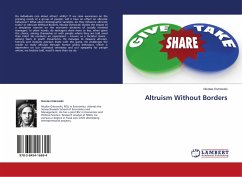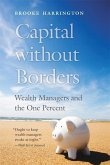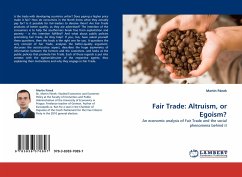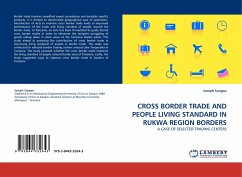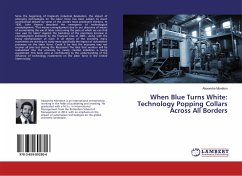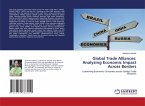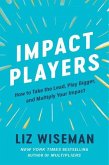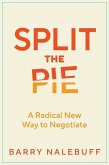Do individuals care about others utility? If we raise awareness on the pressing needs of a group of people, will it have an effect on altruistic behaviour? What about demographic variables, do they influence altruistic traits? In Altruism Without Borders, Nicolas Ostrowski studies the impact of a simulation exercise on the economic decisions of socially involved teenagers. In other words, do teenagers share more or less, when given the choice, among themselves or with people whom they are told need their help? He conducts an experiment known as a Dictator Game - among teens in youth movements. He manages to measure altruism, fairness and inequity aversion levels with this game. He challenges the reader to study altruism through human giving behaviour, which is dependent on our individual sensitivity and our sympathy for people whom, we feel/are told, need it more than we do.
Bitte wählen Sie Ihr Anliegen aus.
Rechnungen
Retourenschein anfordern
Bestellstatus
Storno

